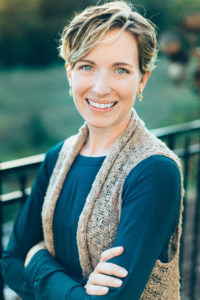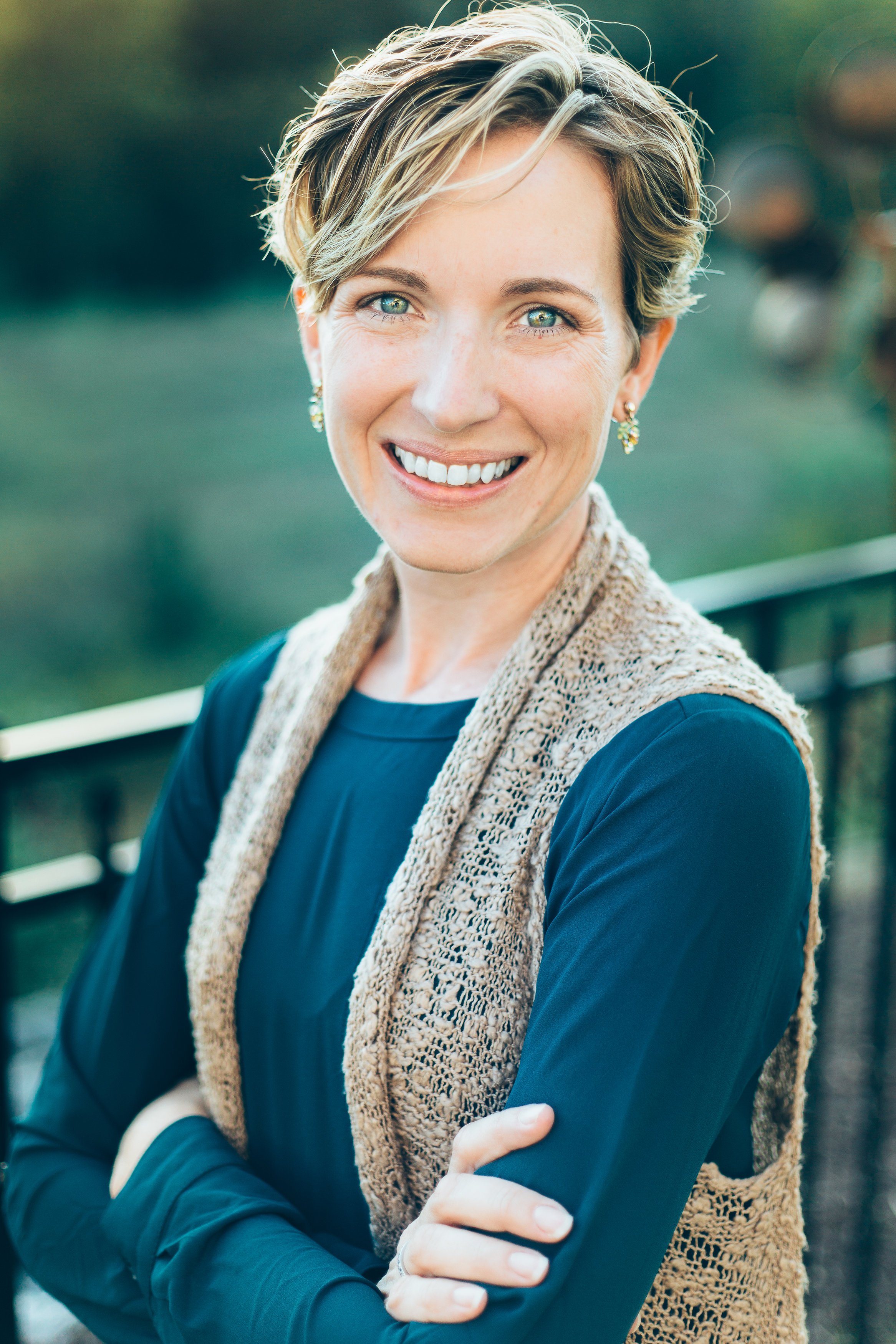Maryville College professor publishes book about diversity in church

In September, Oxford University Press published “Parish and Place: Making Room for Diversity in the American Catholic Church,” by MC associate professor of sociology Dr. Tricia Bruce.
The work, broadly speaking, addresses how leaders in the US Catholic Church are dealing with parishioners who are choosing personal parishes—a relatively new religious and sociological phenomenon— over that of their more traditional territorial parishes.
Bruce explained that territorial parishes are the parishes into which the Church has traditionally designated and allocated parishioners. These parishes are assigned according to the geographical location that the parishioners live in.
Personal parishes, on the other hand, are a phenomenon that her book attempts to address in more detail. Bruce’s work is also the first full-length book to address the issue.
So, what is a personal parish?
Personal parishes, according to Bruce, are parishes that organize around social similarities rather than shared territory. Personal parishes bring together people with similar interests or ethnic backgrounds, allowing them to be together and have Mass.
To explain why the Church is dealing with the issue of personal parishes, Bruce said that it is an issue arising from the complications of diversity in the modern American Church.
According to Bruce, the main reason personal parishes are coming into existence is that parishioners—many of whom come from a plethora of racial and ethnic backgrounds—are searching for ways to “fit in” to the Church in America in ways that are familiar to them.
According to Bruce, diversity in this sociological context means more for the Church than simply race and ethnicity.
“I think oftentimes diversity gets conflated with race, but in this case, diversity doesn’t just mean race,” Bruce said. “It means ideological differences, musical interests, difference in preference of what happens at Mass and how it works. The Church is at a moment where it is trying to understand how to accommodate this wide array of preferences and needs among American Catholics.”
Accommodating diversity through the means of personal parishes has not been universally accepted. Canon Law is the basic rulebook and code of principles for the Catholic Church, as well as the place that personal parishes get their name. Canon Law states that these parishes have to be approved by the bishops of their diocese.
This is where most of the problems with personal parishes arise. Some bishops are okay with—and will support and recognize—the new diverse parishes, but others will not.
Beyond the complications of the issue at hand, Bruce said that the book has three main goals. First, she hopes to educate more Catholics on the topic of personal parishes.
Second, Bruce hopes to show how parishes are the product of grassroots, lay Catholic organizing as well as top-down, hierarchical decision-making.
And third, Bruce hopes that the book will ask the question of how heterogeneity and unity can be balanced while still honoring differences while maintaining a unified whole.
The book is available through purchase on Amazon as well the Oxford University Press website.

